Suresh Babu Mane
Subscribe to read full article
This section is for paid subscribers only. Our subscription is only $37/- for one full year.
You get unlimited access to all paid section and features on the website with this subscription.
Not ready for a full subscription?
You can access this article for $2 + GST, and have it saved to your account for one year.
- Real Name: Abdul Rehman
- Died: 15 February, 1953 (Bombay)
- Primary Cinema: Hindi
- Parents: Tarabai, Abdul Karim Khan
Accomplished classical singer, music director, and actor, Sureshbabu Mane was proficient in Khyal, Thumri, Marathi Natya Sangeet and Bhajan forms of singing, besides also playing the tabla and harmonium. Sureshbabu also acted on stage, as well as in films such as Amrit Manthan (1934), Chandrasena (1935), and Rajput Ramani (1936). He scored the music for films such as Sach Hai (1939), Savitri (1936) and Devyani (1940). Among his disciples were Hirabai Badodekar, Dr Prabha Atre, and Basavaraj Rajguru, while he also guided Pandit Bhimsen Joshi, and Dr Vasantrao Deshpande, among others.
The first child of Tarabai and Abdul Karim Khan, who was a doyen of the Kirana gharana, he was born Abdul Rehman in 1902. His maternal grandfather was Sardar Maruti Rao Mane, who belonged to the princely state of Baroda. His father, Ustad Abdul Karim Khan was the court musician, teaching Tarabai music when she was young. As Tarabai’s parents disapproved of the union, the couple moved to Bombay. The children—Abdul Rehman, Abdul Haq, Champakali, Gulab, and Sakina or Chhotutai—went on to become respectively known as Sureshbabu Mane, Krishnarao Mane, Hirabai Barodekar, Kamalabai Barodekar, and Saraswati Rane.
Sureshbabu had his early training in music from his father, who had evolved his own style of singing, which placed emphasis on a slow elaboration and development of a raga, allotting importance to its emotional quotient. He was later guided by his uncle, Abdul Waheed Khan, rising to become a key Hindustani classical music singer of the Kirana Gharana. He went on to act on stage in several plays including those staged by his sister Hirabai Barodekar’s theatrical company. These included Sanyasa-kallol and Subhadra, in which he played Ashwin Sheth and Arjun, respectively.
Films were but a step away and Sureshbabu featured as actor in Prabhat Films’ Amrit Manthan (1934), Chandrasena (1935), and Rajput Ramani (1936). He also scored the music for Savitri (1936) which starred Leela Pendharkar, Devyani (1940) and Sach Hai (1939) by Saraswati Cinetone. His popular song renditions include Jai Jai Jagdish ish sharan main tihari, Matwari mori yaad vhandrasena meri yaad nahin, Pee lo pee lo surahi main naav ki, and Kaisi manohar hai maaya prachalit chhaya.
Much acclaimed as a singer, Sureshbabu’s style of singing was regarded as intelligent, aesthetically rich, balanced and tender; a product of intuition and imagination as opposed to exertion. While appearing to be simple and easy, his singing was in actuality very difficult to copy. One of the few musicians in Maharashtra of the time who was drawn to the Punjabi-style of Thumri, his style was legendary and inspired many artists, such as Pandit Bhimsen Joshi, Dr Vasantrao Deshpande, Hirabai Barodekar, Dr Prabha Atre, Manik Varma, Saraswati Rane, Vamanrao Deshpande, Basavaraj Rajguru, Balasaheb Atre, Vitthalrao Sardeshmukh and Menaka Shirodkar, who were guided by Sureshbabu.
Sureshbabu Mane passed away on 15 February, 1953 in Pune. An annual music festival in Mumbai—the Sureshbabu-Hirabai Smruti Sangeet Samaroh—was instituted in his honour in 1992 by his disciple Dr Prabha Atre.
-
Filmography (2)
SortRole
-
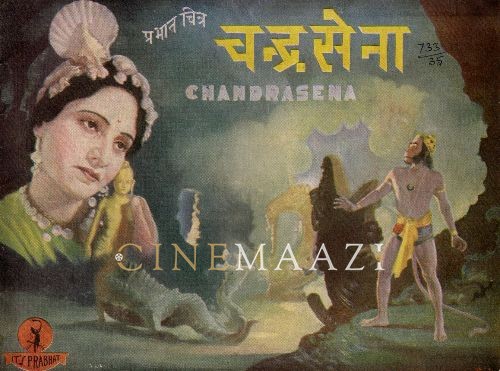
Chandrasena 1935
-



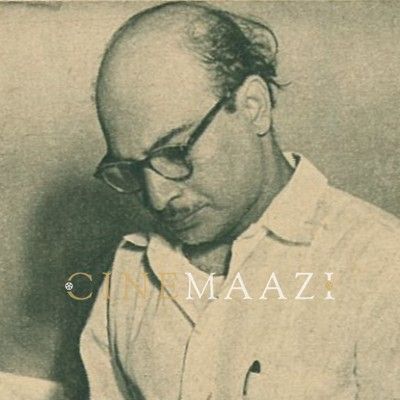
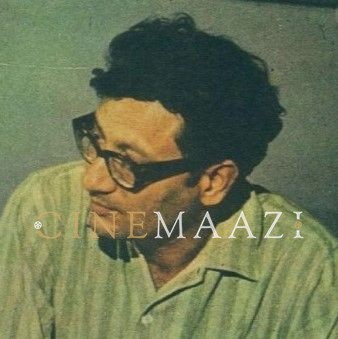
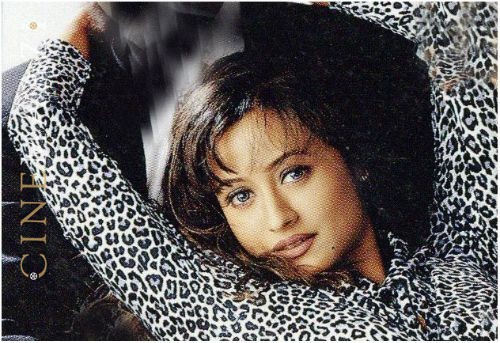

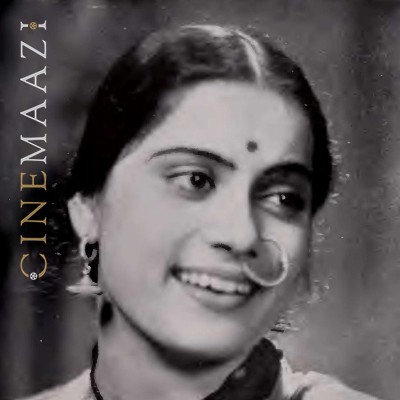
.jpg)


